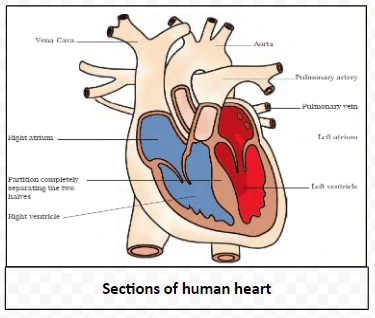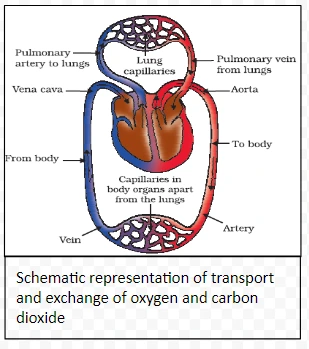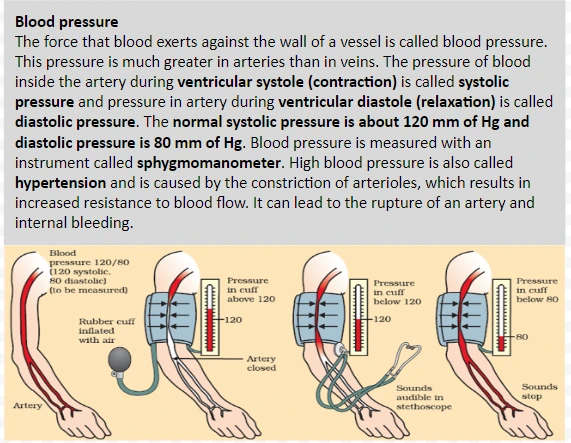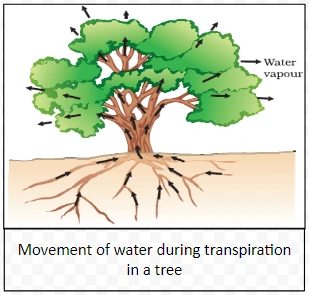![]() 20 Dec 2023
20 Dec 2023
Transportation in humans and plants involves distinct systems. In humans, the circulatory system moves blood, while plants use vascular tissues for water and nutrient transport. These processes sustain life and growth. These intricate processes, including blood circulation in the human body, are fundamental for sustaining life and promoting overall well-being.
This orchestrated symphony of blood circulation in the human body is fundamental to sustaining life and maintaining the delicate balance necessary for optimal health.




<div class="new-fform">
</div>
